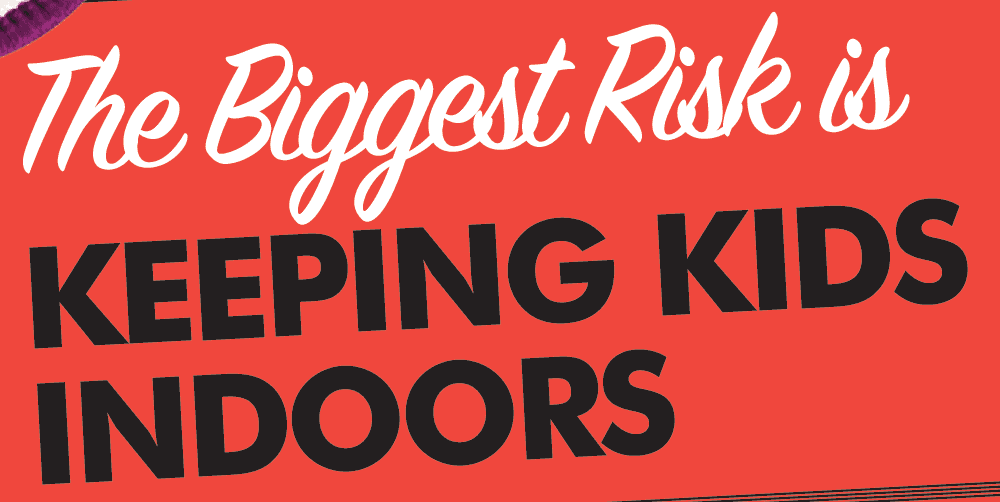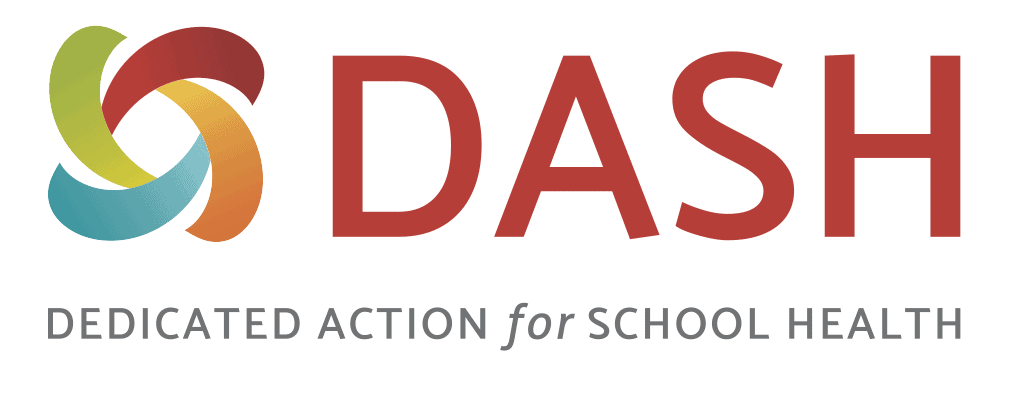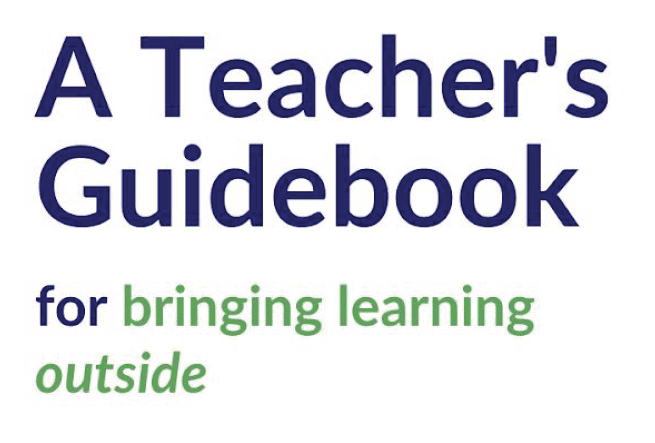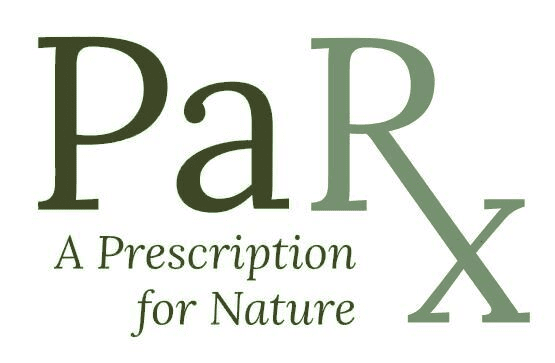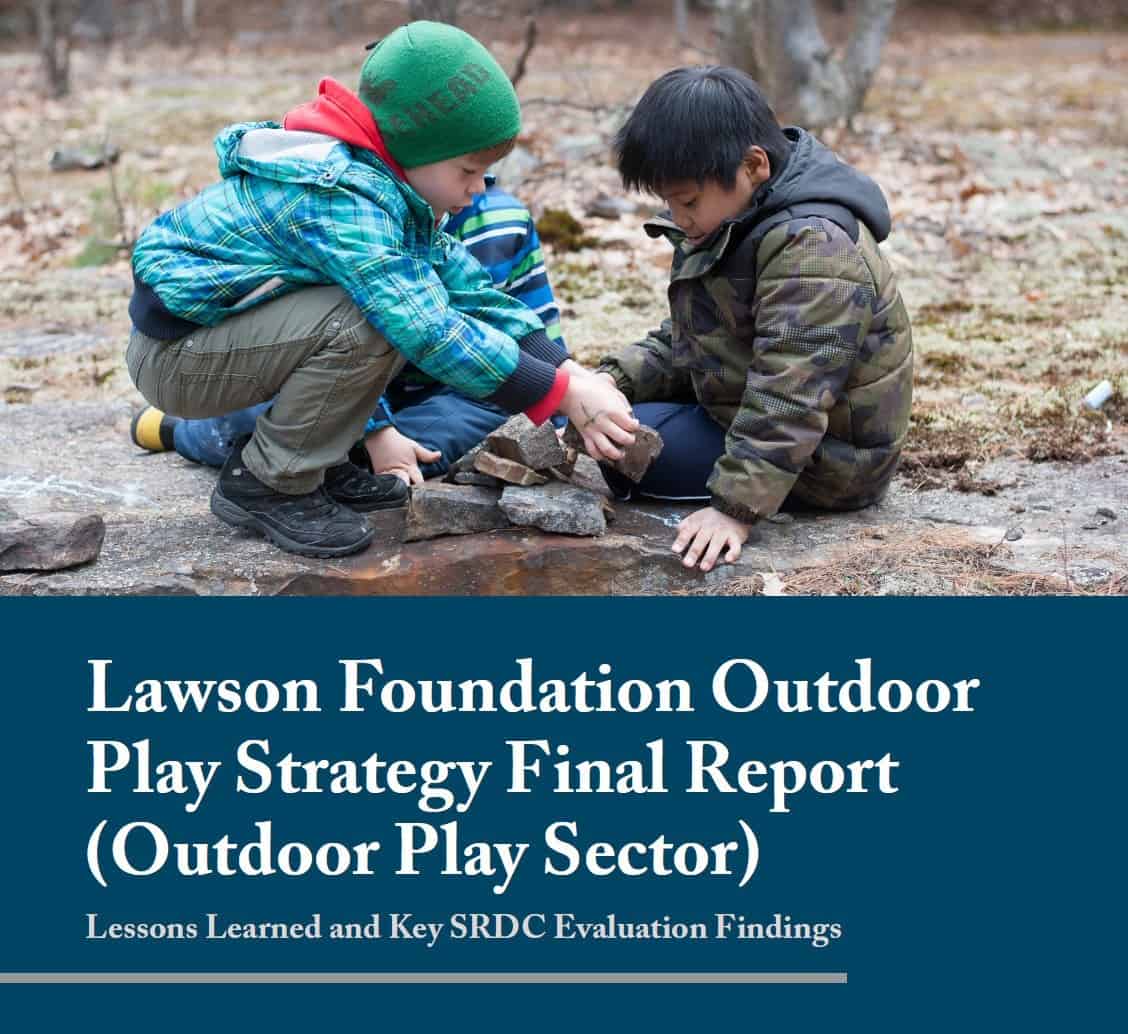Nature-based Early Learning Courses
Several colleges across Canada have introduced nature-based pedagogy into their early learning and child care programs. These include: Algonquin College - Third year degree students in the Nature-Based Early Learning course at Algonquin College examine why governments should include the Position Statement on Active Outdoor Play within early learning curriculum frameworks. Bow Valley College - They have recently...




